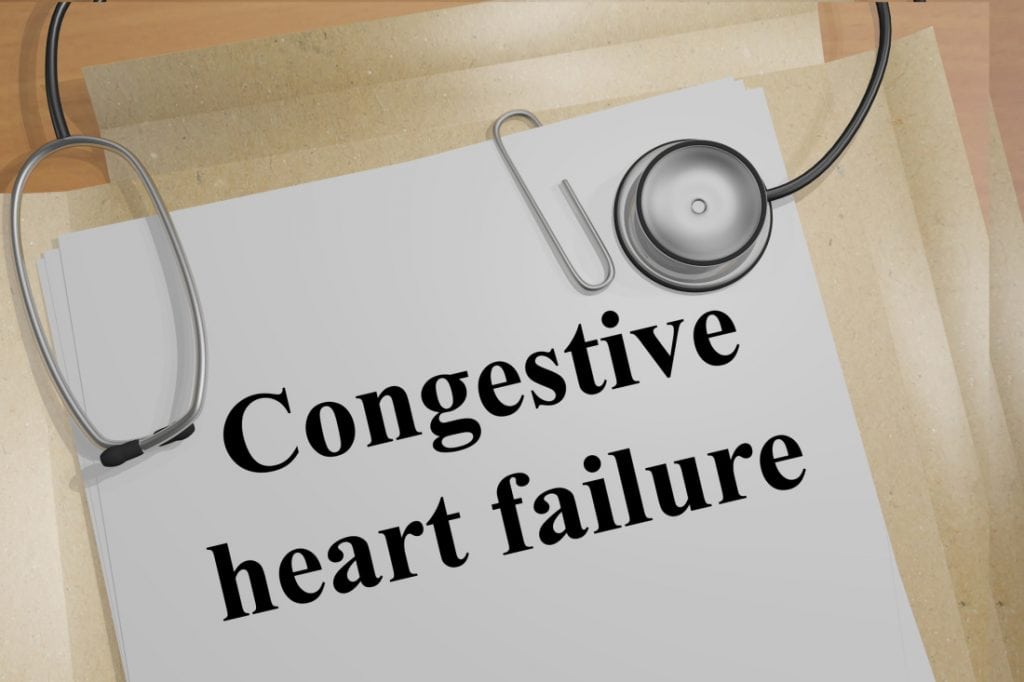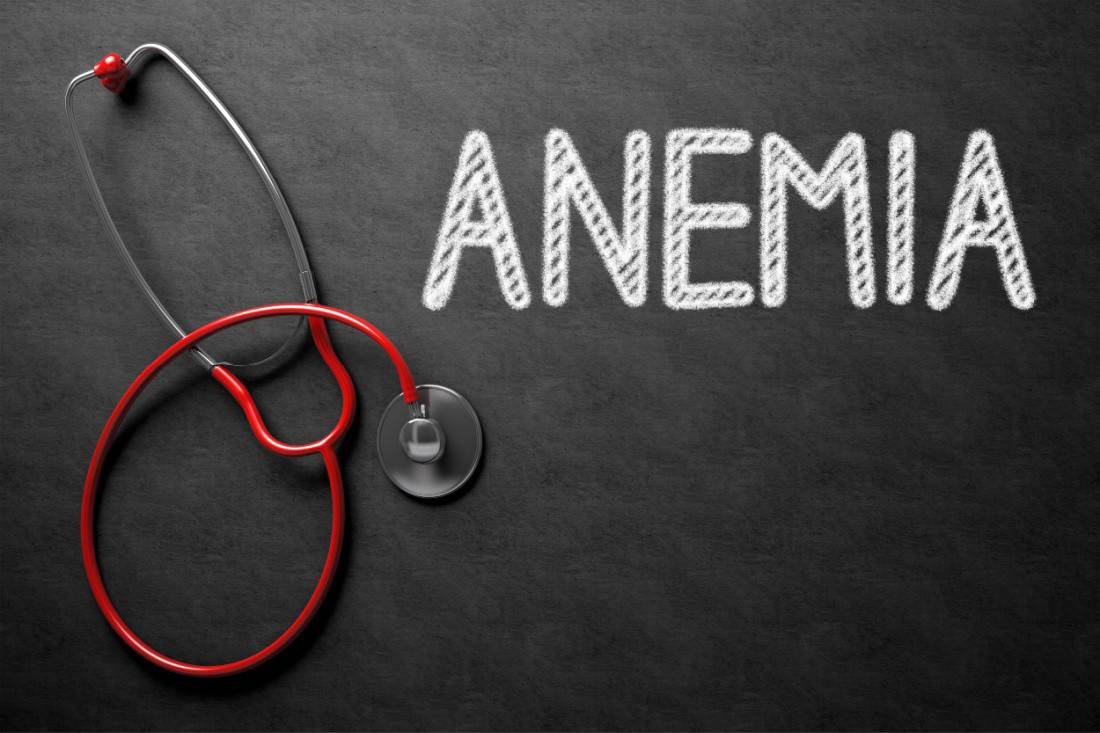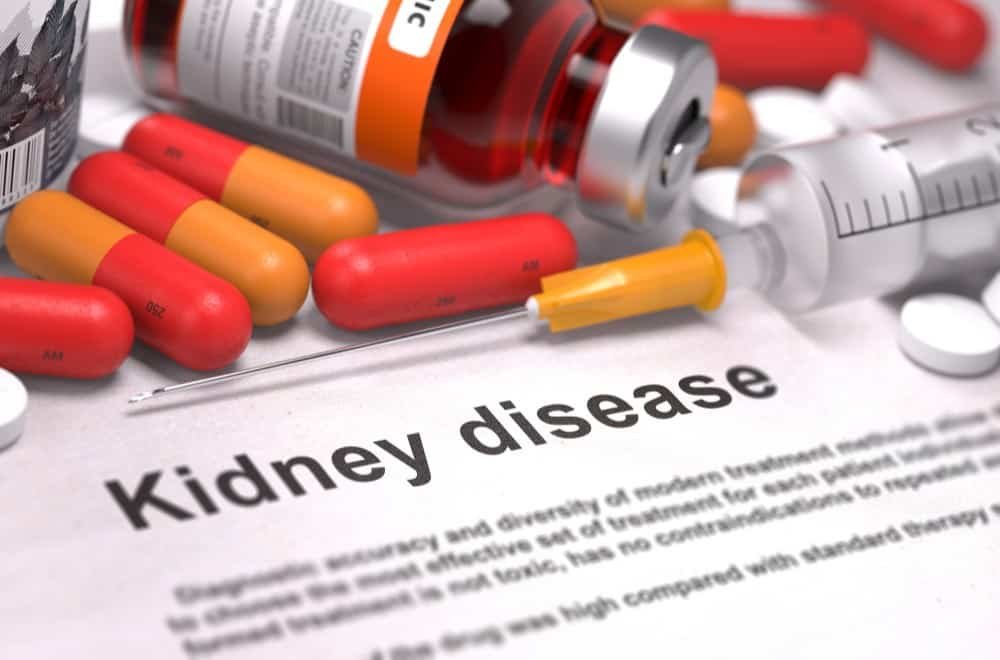Managing Congestive Heart Failure with A Healthy Lifestyle
Managing Congestive Heart Failure with a Healthy Lifestyle tackles the effects of lifestyle changes on your heart and health overall. The heart is the core of the human body. It pumps blood into the organs for their optimal function.

When a part of your heart is damaged, one or two organs end up affected, as manifested in the diseases that cripple us.
The truth of the matter is, we can only do so much to damage our heart and other parts of our bodies.
By the time we try to “fix” a damaged organ, it is already in failure.
Learn about these lifestyle changes and how they can help us become healthy.

What is Congestive Heart Failure?
In congestive heart failure (CHF), the heart muscles become weak and are less effective in pumping blood into the system and other vital organs.
Consequently, the blood goes back into the heart more than it goes into other organs and blood vessels. The heart then becomes congested.
This congestion and lack of oxygenated blood in other vital organs will trigger a compensatory mechanism in the body, making the heartbeat faster in lesser time.
As a result, there is still less blood circulating and the extra effort of the heart muscles to pump faster will cause the heart to enlarge as it tries to accommodate more blood (from the backflow).
Because of this, the lungs become filled with fluid; there is kidney injury since there is no adequate blood going into it, causing it to retain water and sodium, further resulting in acute kidney failure.
Lastly, the portal vein leads to the liver becoming congested with fluid as well, causing damage to the liver.
Heart failure is usually a progressive disease, with or without treatment.

What Causes Congestive Heart Failure
The most common cause of congestive heart failure is coronary artery disease. Risk factors for this include high cholesterol and/or triglyceride levels in the blood, as well as hypertension (high blood pressure).
Can you reverse congestive heart failure
There is a chance of reversing your congestive heart failure. The first step would be an assessment of the health status, followed by appropriate treatment and possibly rehabilitation exercises to help you resume normal activities as quickly as possible!
Signs and Symptoms of this Heart Failure
With the process of heart failure, every organ in the body becomes affected. However, the more pronounced effects of this heart disease are manifested by the 3 vital organs: the liver, the lungs, and the kidneys.
The following are signs and symptoms that are usually seen in CHF:
- Difficulty of breathing
- Easy fatigability
- Orthopnea (difficulty of breathing when lying flat on the bed. This symptom is usually measured by the number of pillows used to elevate the head when trying to sleep comfortably.)
- Swelling around the stomach and the lower limbs
- Weight gain (from swelling)
- Purplish discoloration of the lips or mouth and the fingers
- Frequent urination or no urine output (for kidney failure)
- Palpitations
- Cough
- Loss of appetite
- Nausea
- Dizziness
- The appearance of spider veins on the abdomen

Can You Reverse Congestive Heart Failure With Diet
The good news is that you can reverse some, but not all of the damage done to your heart.
You would need to make big changes in lifestyle for this plan to work best- these include eating healthier and exercising more regularly!
The American Heart Association suggests that you eat a healthy diet to reduce your risk for heart disease.
They say the best way is by focusing on fruits and vegetables as well as whole grains, low-fat dairy products like yogurt or cheese without added sugar; skinless poultry/fish with no buttery oils used in cooking (so it’s better if they’re cooked at very low heat); nuts such palm trees whose kernels contain lots omega 3 fatty acids which help prevent clogged arteries from forming blockages within them!
Diagnosis and Treatment for this Heart Disease
A complete medical history and family history are taken from the patient for diagnosis.
Supplemental tests include:
- Echocardiogram (2D echo) –this can show the health of your heart muscles and the valves, as well as the size and the structure of your heart.
- Exercise Stress Test – A stress test can show if your heart is receiving adequate blood for optimum function.
- Electrocardiogram (ECG) – This test can show irregularities in heart rate and rhythm, presence of ischemia or infarction, size of the heart, and a lot more.
- Chest X-Ray – an x-ray can show you the size and structure of your lungs and heart. It can also show the presence of fluid or air in the lungs.

There is no known cure for congestive heart failure.
It is a progressive disease, given that our bodies are susceptible to wear and tear as we age.
The goal of treatment is to alleviate the symptoms and slow the progress of heart failure.
Factors affecting treatment and prognosis of heart failure include other underlying diseases that the patient has, as well as the stage and type of heart failure present.
Medications and surgery can help, but only to a certain extent.
A healthy lifestyle change is crucial in avoiding heart disease, most specifically congestive heart failure.

Managing Congestive Heart Failure with a Healthy Lifestyle
Compliance with medications and sticking to a treatment plan including healthy lifestyle choices and changes can significantly prolong the life of someone with CHF.
Here are some tips on how to manage CHF with a healthy lifestyle:
- Monitor your health. Keeping track of your health parameters such as blood pressure, blood sugar, weight, and other vital signs is a great way of taking care of your health. Get an executive check-up every 3 to 6 months. Get your flu shots and other vaccines that will protect you from trivial and preventable diseases. These vaccines protect your body from viruses that can threaten your health.
- Monitor your symptoms. As mentioned earlier, CHF is a progressive disease. Research about CHF, ask your doctors about it and be proactive about it. You can keep a journal of the symptoms that you experience. Progressive swelling of the legs can indicate liver or kidney failure. Difficulty sleeping flat on the bed with the feeling of drowning and difficulty of breathing can indicate lung congestion. Have your hospital or doctor’s contact numbers at your bedside and your phone.
- Talk to your doctors regularly. It is not bad to ask your doctors about your health. They will be more than happy to answer your queries knowing you are being proactive towards your health.
- Try to keep a positive attitude. Keeping yourself positive about your health can significantly increase your chances of having a long life. Being negative and sinking into depression can lower these chances and hurt your body more.

How to Prevent Congestive Heart Failure
Here are tips on how to prevent heart diseases:
- Clean eating. Healthy eating will help maintain your body in great shape. Limit oily and fatty foods. Avoid processed foods and food that are full of preservatives.
- Quit smoking. The nicotine in cigarettes has a lot of negative effects on the body. It is the leading cause of cancer in both males and females. It can narrow the blood vessels in your body, aggravating diabetic neuropathies, stroke, and heart attacks. It can also destroy your lungs and lessen your lung capacity, resulting in COPD and restrictive lung diseases.
- Lose weight. Being overweight increases your chances of developing other diseases, most especially diabetes.
- Be physically active. Physical activity can keep you in shape and lessen depression and anxiety.
- Decrease alcohol consumption. Alcohol can destroy your liver, pancreas, and your heart.
What can you do at home for congestive heart failure?
Living with heart failure can be difficult, but there are ways to manage the condition.
Daily checks of weight and blood pressure are necessary for optimal wellness management in this situation because they indicate when changes might need to be made or if something’s wrong that shouldn’t go unnoticed!

Prevention is better than cure.
Congestive heart failure is a serious, life-threatening condition. However, by making healthy lifestyle changes, you can manage the effects of congestive heart failure and improve your overall quality of life.
We hope that this article has helped to educate you on how to best take care of your heart and manage CHF and live a healthier life.





